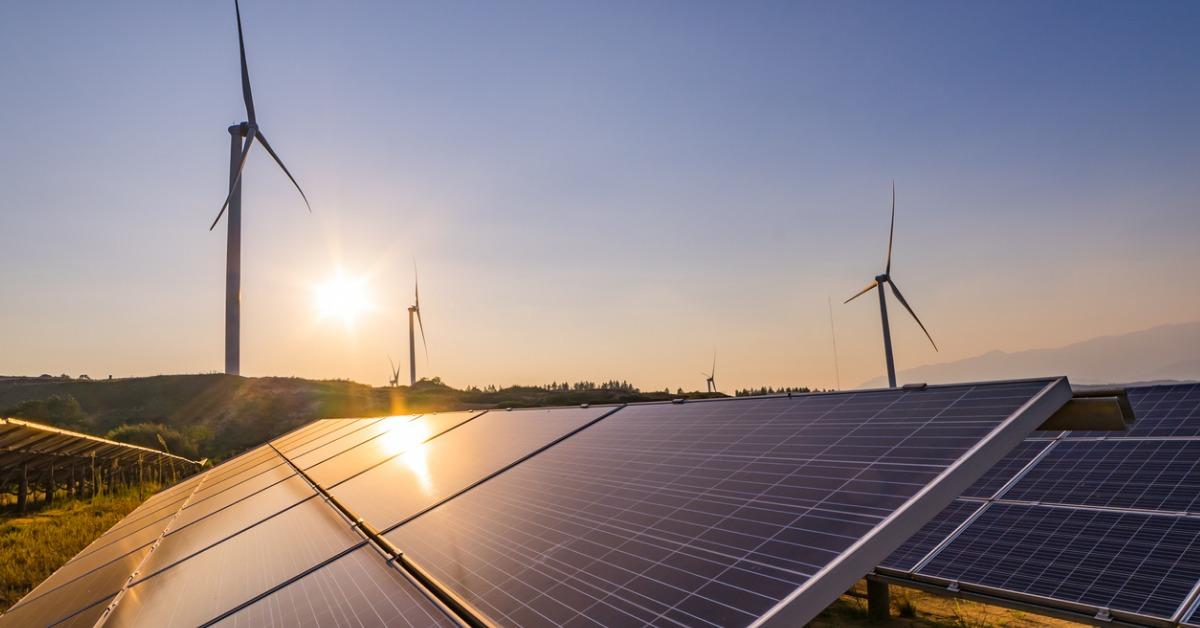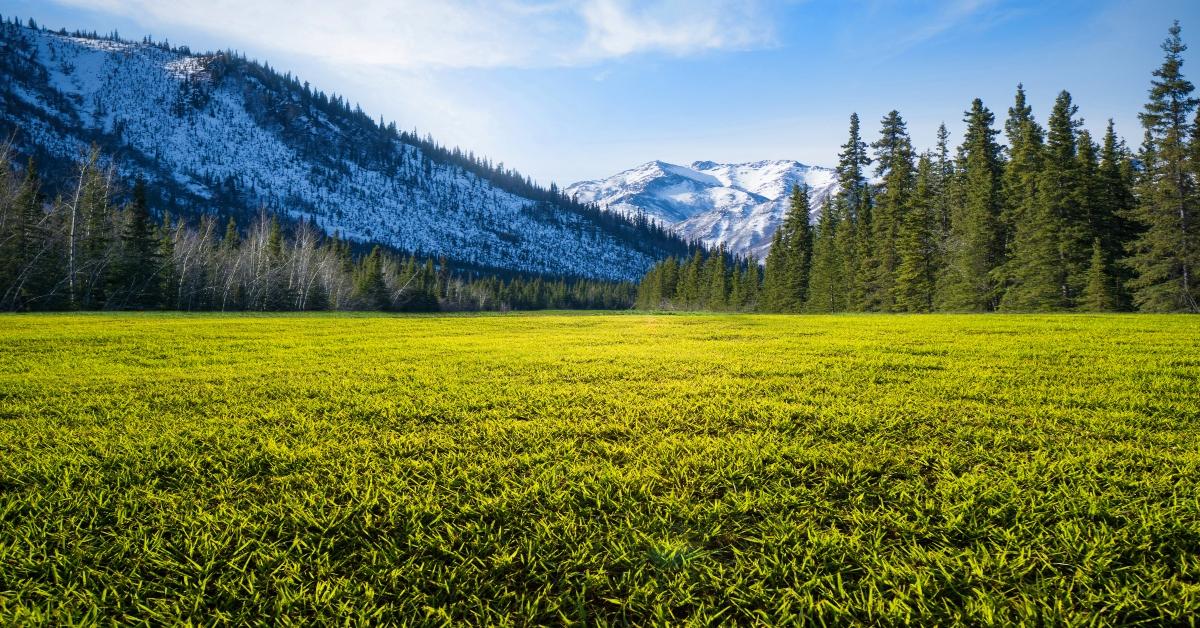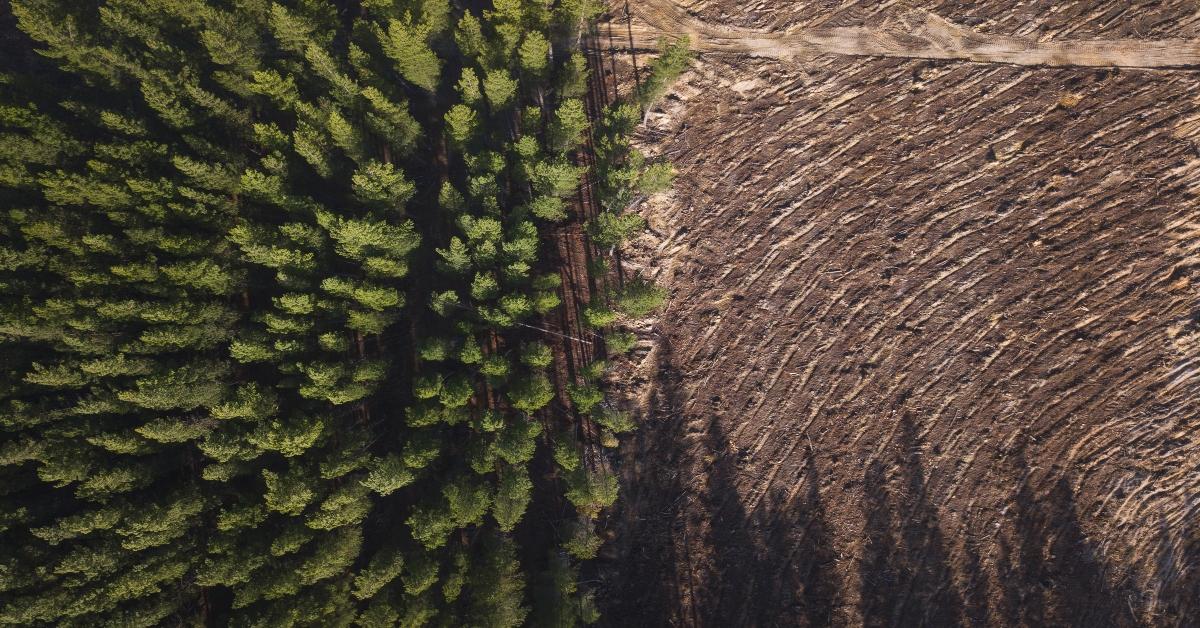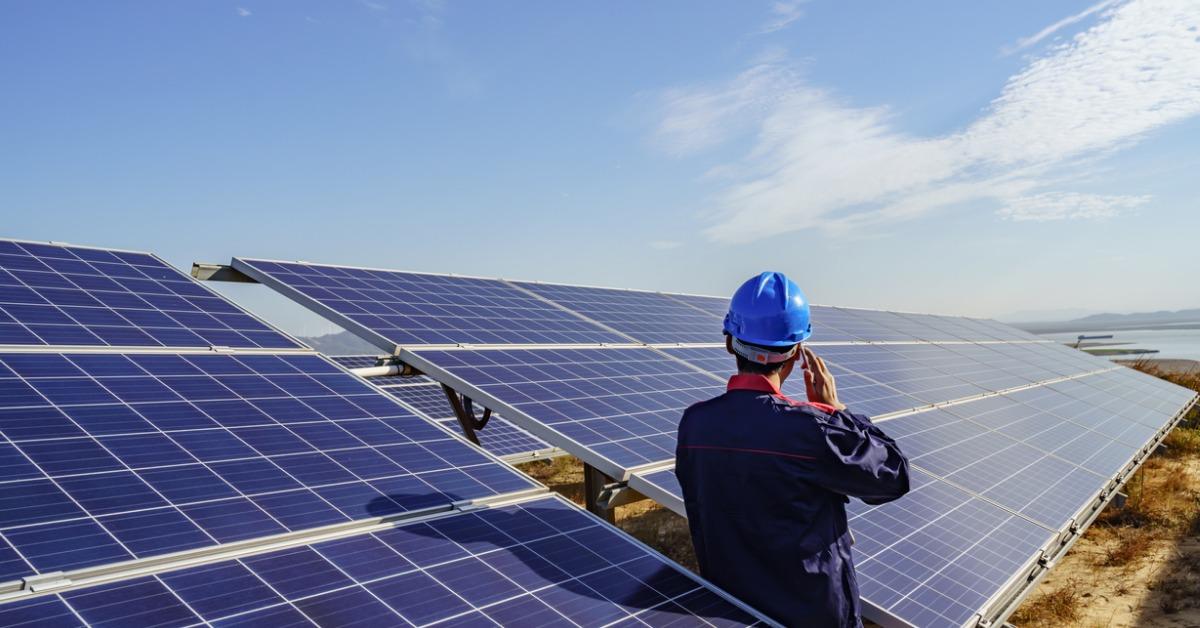Why Is Conserving Resources Important?
Conserving natural resources is more important than ever.
Updated Oct. 23 2020, 11:20 a.m. ET

Natural resources as we recognize them come in two distinct categories: exhaustible and inexhaustible. Though many people will see them as renewable and nonrenewable, they ultimately mean the same thing. Whatever the type of resources — whether water, oil, sunlight, coal, lumber, etc. — these substances are utilized by humans in many parts, if not all parts, of our daily lives. Unfortunately for us, we’re sort of running out of many natural resources.
Regardless of what some news outlets and naysayers have to say, the lion’s share of our exhaustible resources — things like fossil fuels, coal, and natural gas — have already begun to run out. If we continue to use them at such a high rate, we will exhaust our resources. But how does one conserve water when the rest of the world is content to drink more than their fill?

What natural resources need to be conserved?
A resource is any natural or artificial substance or energy that can be used for the benefits of mankind. Natural resources are those which exist in the environment naturally, that is, they are not created by humans. They are soil, water, sunlight, wind, plants, coal, natural gas, etc.
Natural resources are classified further into exhaustible and inexhaustible resources. Exhaustible resources are those which are limited and will be exhausted with continuous usage — for example, coal, natural gas, etc. — whereas inexhaustible or renewable resources are those which cannot be depleted by human consumption — for example, wind power and solar power.

Why are we using these resources up so quickly?
The population of the world is increasing almost exponentially. We’re also sticking around a lot longer, on average, than we have in previous generations. If this trend continues, we will absolutely not have enough resources for the generations who come after. Proper resource management and conservation are required so that we do not overtax what the Earth has chosen to provide for us.

How can we conserve lumber?
Lumber is used for housing mostly, but there are an awful lot of people and animals that need housing these days. As a result, some of the world’s most ancient forests are disappearing right before our very eyes. Clearcutting this lumber to make room for farmland is also a problem, even if that farmland is needed to grow food for the rising population.
We can minimize the damage to these resources by practicing reforestation and planting new trees for the ones we cut down. Planting trees also helps reduce soil erosion, which can be a problem for rural communities. Conserving wood and repurposing old wood is also a good way to reduce your personal lumber consumption.

How can we conserve water?
Only about 3 percent of the water on Earth is freshwater and only about 0.5 percent of that drinkable. Regions all over the world are experiencing more drought and polluted water than ever before. Water is essential to life everywhere and we cannot risk it running out. The only way to fix this problem is to either find a way to cheaply and successfully desalinate seawater, or conserve water.
We can conserve water by using rain catches or rain buckets in our own backyards. As a culture, we can begin to improve our water treatment capabilities so that we can repurpose wastewater and make it drinkable again. The possibilities are there, science just needs to find a way.
Another way to conserve water is by being more conservative with agriculture — especially farming animals. 92 percent of humanity's freshwater use is used for agriculture, and nearly one third of that is used for animal products, according to a study published in ScienceDirect.

How can we conserve energy?
This last segment is perhaps the most important. Energy is everything in a modern, technologically-driven world. Many of the resources used to create this energy are exhaustible ones like coal for electricity, petroleum for gasoline and plastics, and natural gas for cooking and heating. These resources are being consumed daily at an enormous rate and the only way to slow that is to promote and normalize the use of more renewable sources of energy.
Green energy solutions like solar, wind, biomass, hydraulic, and geothermal are all fine alternatives to what is currently being used. All of them are, for the most part, inexhaustible resources, and promoting them as renewable is a fine way to justify their use. Now, none of them are as cheap or as widely-used as their exhaustible counterparts, but that is not to say that they are not viable.
At this time, an important way to ensure that our resources are conserved is to spread the word. Speak out, get involved in local politics, learn all you can. There is little reason to believe that humanity’s overconsumption will fully deplete any resources within the next few decades, but perhaps we will have laid the groundwork for future generations to utilize better alternatives than we did.